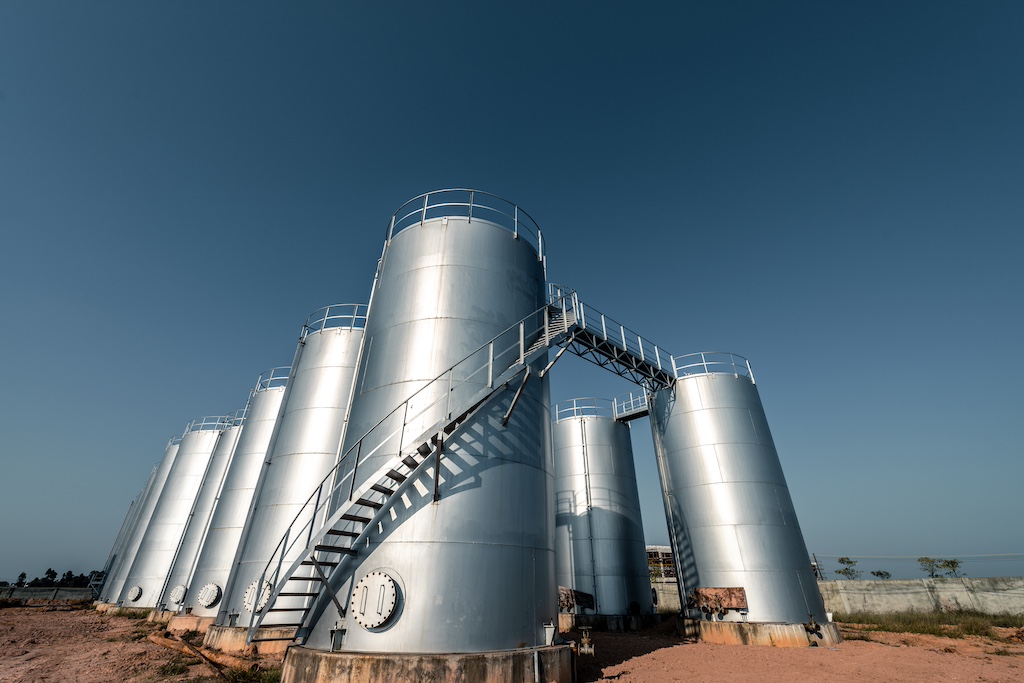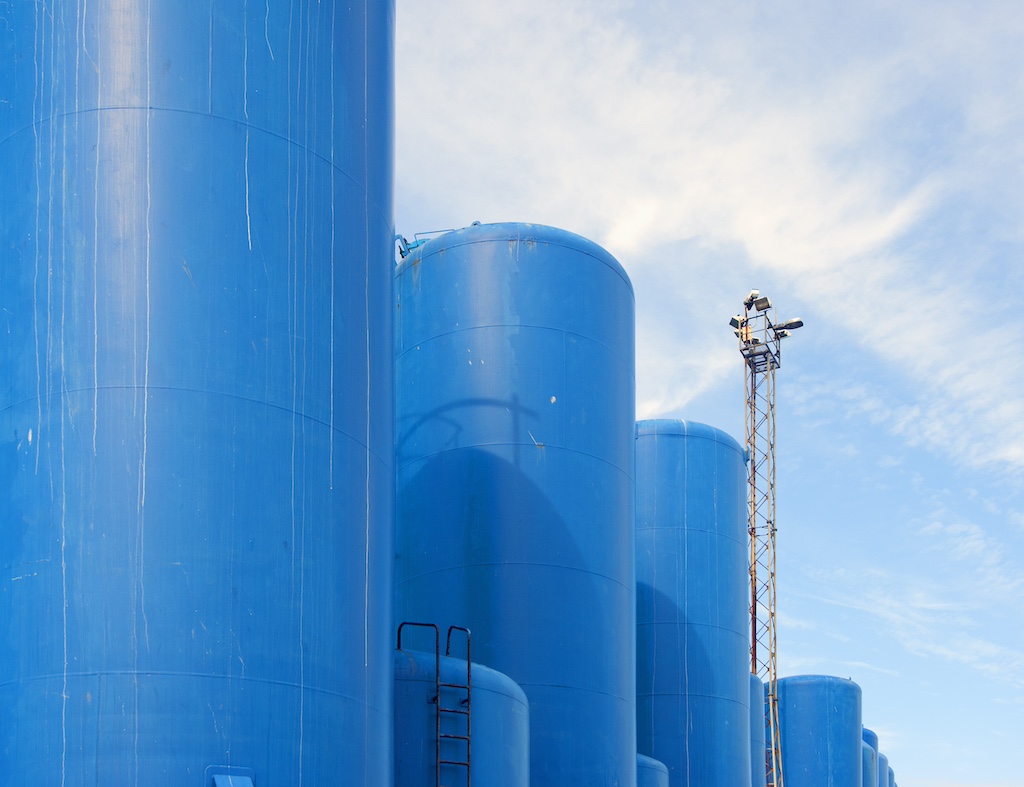A recent disruption in gas supply has affected energy-intensive industries in several regions. To address this, PT Perusahaan Gas Negara (PGN) has confirmed that industrial gas delivery has been fully restored to 100%. This recovery comes from urgent collaborative efforts to strengthen supply through innovative swap mechanisms with multiple stakeholders. It also optimizes the energy distribution network to ensure stability and reliability.
Tracing the Gas Supply Disruption
The disruption stemmed from unscheduled shutdowns among upstream gas suppliers and unexpected delays in securing additional gas supplies. In response, PGN temporarily imposed restrictions on industrial gas distribution. This scarcity could have major operational consequences for gas-reliant sectors, prompting swift intervention to stabilize supply and protect industrial productivity.
Impact on Distribution and Affected Industries
The reduction in gas availability severely impacted production processes across various industrial segments, especially in Western Java and parts of Sumatra. Industries expressed concern that such interruptions threatened manufacturing output and, by extension, broader economic growth.
However, thanks to the swift response involving coordinated actions among regulators, upstream producers, and PGN, the disruptions were swiftly managed and fully resolved—restoring confidence in energy security and supporting the resumption of industrial operations.
PGN’s Synergy with Pertamina and Key Stakeholders
A key strategy behind the supply recovery was the multi-party gas swap arrangement. Through this mechanism, gas volumes originally destined for export were redirected to PGN. Key upstream contributors, including West Natuna Supply Group (Medco E&P Natuna, Premier Oil Natuna Sea, and Star Energy), Pertamina, PGN, and other international gas players coordinated under SKK Migas’ guidance to execute this strategic redirection.
By leveraging gas swap and optimizing LNG and pipeline supply, PGN could stabilize distribution without compromising existing contracts. This synergy exemplifies effective cooperation among government, industry, and downstream buyers to ensure energy continuity.

https://elements.envato.com/storage-tanks-LSBC226
Optimizing Network and Supply: The Gas Swap from Natuna
The gas reallocation involved 27 billion British thermal units per day (Btu/d) of gas redirected to PGN, streamed through supply networks managed by Medco E&P Grissik and PetroChina. This additional volume was critical in maintaining industrial demand without resorting to restrictive measures.
Moreover, PGN is scaling up infrastructure and enhancing reliability to support continued eco-friendly energy distribution. Their focus now is on building resilient supply chains capable of withstanding future disruptions and ensuring sustainable operations for industrial clients.
Conclusion
The full recovery of industrial gas supply to 100% underscores PGN’s ability to respond effectively to supply challenges. PGN stabilized national energy flows by harnessing partnerships, swapping gas resources, and optimizing the distribution network. This effort also reinforced its commitment to supporting Indonesia’s energy transition and long-term economic resilience.
This success highlights the importance of strategic coordination in energy infrastructure, ensuring that industrial operations continue smoothly and contribute to long-term national growth.
Read other Articles: The Government Continues to Encourage the Acceleration of Domestic Energy Transition to Achieve the Net Zero Emission Target by 2060





